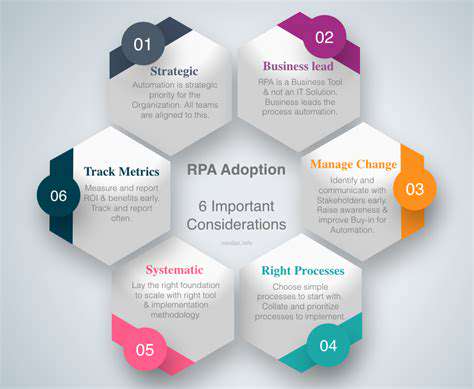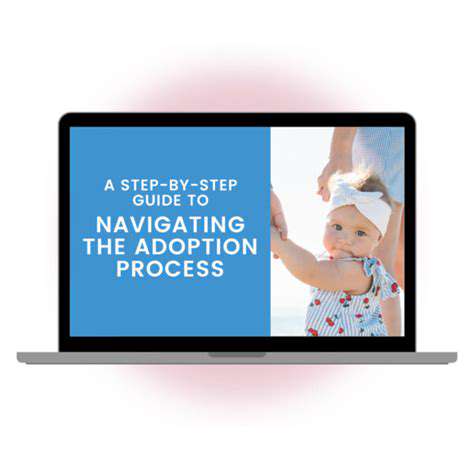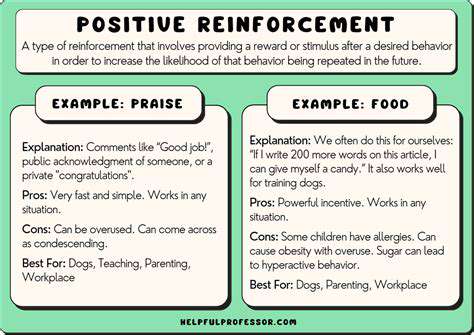Guide to Adopting a Pet After Losing a Pet
Selecting the perfect animal companion is a significant decision, one that should be approached with careful consideration. Your lifestyle, living situation, and personal preferences all play a crucial role in determining the right animal for you. It's not just about the adorable factor; it's about finding a match that will thrive in your environment and bring you years of joy and companionship.
Consider your daily routine. Do you have a demanding job that requires long hours? Or are you retired and have plenty of free time? Different animals have different activity levels and needs. A high-energy dog might not be the best fit for someone who spends most of their day indoors. Conversely, a low-energy cat might become bored and restless if their owner is constantly on the go.
Assessing Your Living Situation and Resources
Your living space is another critical factor. A small apartment may not be suitable for a large dog that needs plenty of room to roam and exercise. Likewise, a large house may not be the ideal environment for a timid, indoor cat that prefers a smaller space. Think about the size of your home, the amount of yard space you have, and your ability to provide the necessary care for the animal.
Beyond space, consider your financial resources. Animals require ongoing expenses such as food, vet care, grooming, and supplies. Understanding the financial commitment is essential to avoid any unforeseen difficulties or hardships down the line. Research the average costs associated with the animal you're considering to ensure you can comfortably meet their needs.
Also, consider your ability to provide the appropriate level of care. Some animals require more attention and training than others. Make sure you can dedicate the time and effort needed to train, exercise, and care for the animal properly, ensuring they thrive in their environment.
Understanding Animal Temperament and Needs
Different breeds and species have varying temperaments. Some animals are naturally more playful and outgoing, while others are more reserved and independent. Research the specific breed or species you're interested in to understand its typical characteristics and needs. This will help you match the animal's temperament to your own lifestyle.
Consider factors such as exercise requirements, socialization needs, and potential health issues. Understanding these aspects will help you predict the animal's needs and ensure you can meet them effectively. Remember, adopting an animal is a long-term commitment, and it's crucial to be prepared for the responsibilities it entails.
The Adoption Process: Finding Your Perfect Match
Understanding Your Needs and Preferences
Adopting a pet is a significant commitment, and it's crucial to thoroughly assess your lifestyle and living situation to ensure you can provide a suitable home. Consider factors like your living space, your work schedule, your physical capabilities, and your existing pets (if any). Do you have a large yard for an active dog, or a smaller apartment suitable for a quiet cat? Do you have time for daily walks, playtime, and grooming? Understanding your needs upfront will help you narrow down the types of pets that are the best fit for you and your family.
Beyond practical considerations, think about your personal preferences. Do you prefer a playful puppy, a cuddly kitten, a calm senior dog, or a quiet and independent cat? Consider your personality and the kind of companionship you seek. Do you enjoy energetic activities, or do you prefer a more relaxed atmosphere? Matching your personality with the right pet's temperament will lead to a more fulfilling and harmonious relationship.
Taking the time to honestly reflect on these factors will prevent potential disappointment and ensure that the adoption process aligns with your expectations and the pet's needs. This thoughtful preparation will set the stage for a long-lasting and loving relationship with your new furry friend.
Finding the Right Adoption Organization
Choosing the right adoption organization is paramount to a successful adoption experience. Research local shelters, rescue organizations, and breed-specific rescues. Look for organizations with a strong reputation for animal care, transparency in their operations, and a commitment to finding suitable homes for their animals. Visiting their facilities, speaking with staff, and reading online reviews can provide valuable insights into their approach and the quality of care they provide.
Different organizations specialize in different types of animals. Some may focus on specific breeds, while others may take in animals of all kinds. Consider what type of pet you're looking for and choose an organization that aligns with your needs. Don't be afraid to ask questions about the adoption process, the animal's history, and their temperament. A good organization will be happy to provide detailed information and support you throughout the process.
Thorough research and careful consideration in selecting an adoption organization will increase your chances of finding a pet that's a perfect match for your family. It's a crucial step in ensuring a positive and lasting bond with your new companion.
Visiting multiple organizations can provide a broader perspective and allow you to compare different approaches to animal care and adoption procedures.
Ultimately, finding the right adoption organization is about finding a partner who shares your commitment to providing a loving home for a deserving animal.
Building a Strong Bond with Your New Pet
Understanding Grief and Transition
Losing a beloved pet can be incredibly painful, leaving a void that's difficult to fill. Acknowledging and processing your grief is crucial before bringing a new pet into your home. This doesn't mean rushing into a new pet, but rather allowing yourself time to heal and reflect on the bond you shared with your previous pet. It's important to remember that grief is a unique and personal experience, and there's no right or wrong way to feel. Allowing yourself to feel the emotions that arise is a vital part of the healing process.
Assessing Your Current Lifestyle
Before you even start looking at potential pets, thoroughly assess your current lifestyle. Consider your living situation, your schedule, and your physical capabilities. Can you realistically provide the time, care, and attention a pet needs? Do you have the space for a dog, or would a cat be a better fit? Are you able to manage the costs associated with pet ownership, including food, vet bills, and supplies? Honesty with yourself about your limitations is key to finding the right match for both you and the animal.
Choosing the Right Pet Type
Each pet has unique needs and temperaments. Researching different breeds or species can help you determine which type of pet would best suit your lifestyle and personality. If you're a busy professional, a low-maintenance pet like a cat or a small dog might be more suitable. If you have children, a dog breed known for being patient and gentle with kids could be a good choice. Consider factors such as activity levels, grooming requirements, and potential health issues when making your decision.
Preparing Your Home for a New Pet
Creating a safe and comfortable environment for your new pet is essential for their well-being and your peace of mind. This includes ensuring your home is pet-proofed, removing any hazards that could harm your pet, and setting up a designated space for them to relax and sleep. It's also important to anticipate potential problems and develop strategies to address them. For example, if you have a dog, consider purchasing a crate or establishing a designated area for it to rest, or if you have a cat, ensure all plants are out of reach.
Building a Positive Relationship
Building a strong bond with your new pet takes time and patience. Spend quality time interacting with your pet, providing them with plenty of love, attention, and positive reinforcement. Consistency is key to establishing a routine and trust. Get to know your pet's unique personality and cater to their specific needs. It is important to take the time to understand their body language and learn their cues. This will help you build a strong and trusting relationship with your new companion.

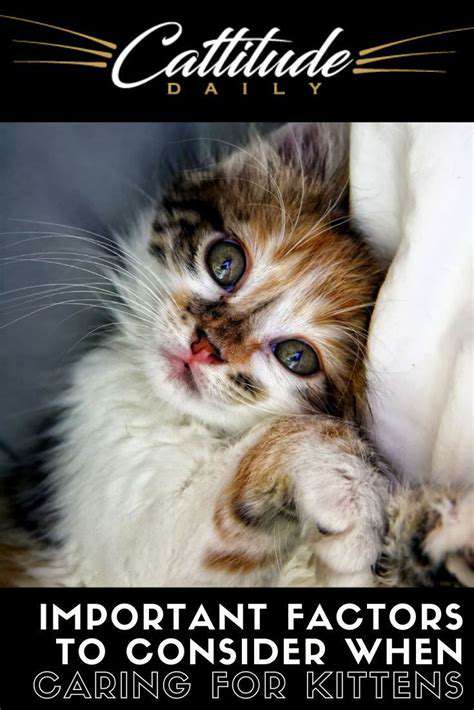


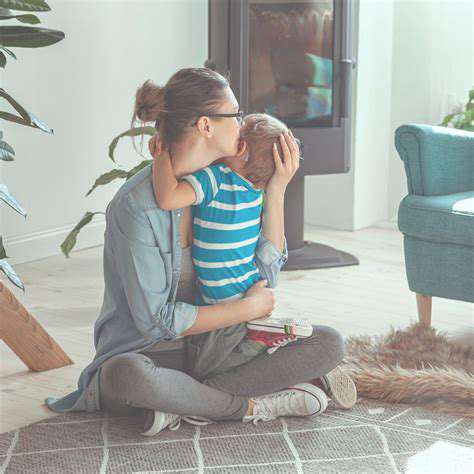
![My Story of Adopting a Bonded Pair [Challenges]](/static/images/33/2025-05/EnrichmentandStimulation3AKeepingThemEngaged.jpg)
